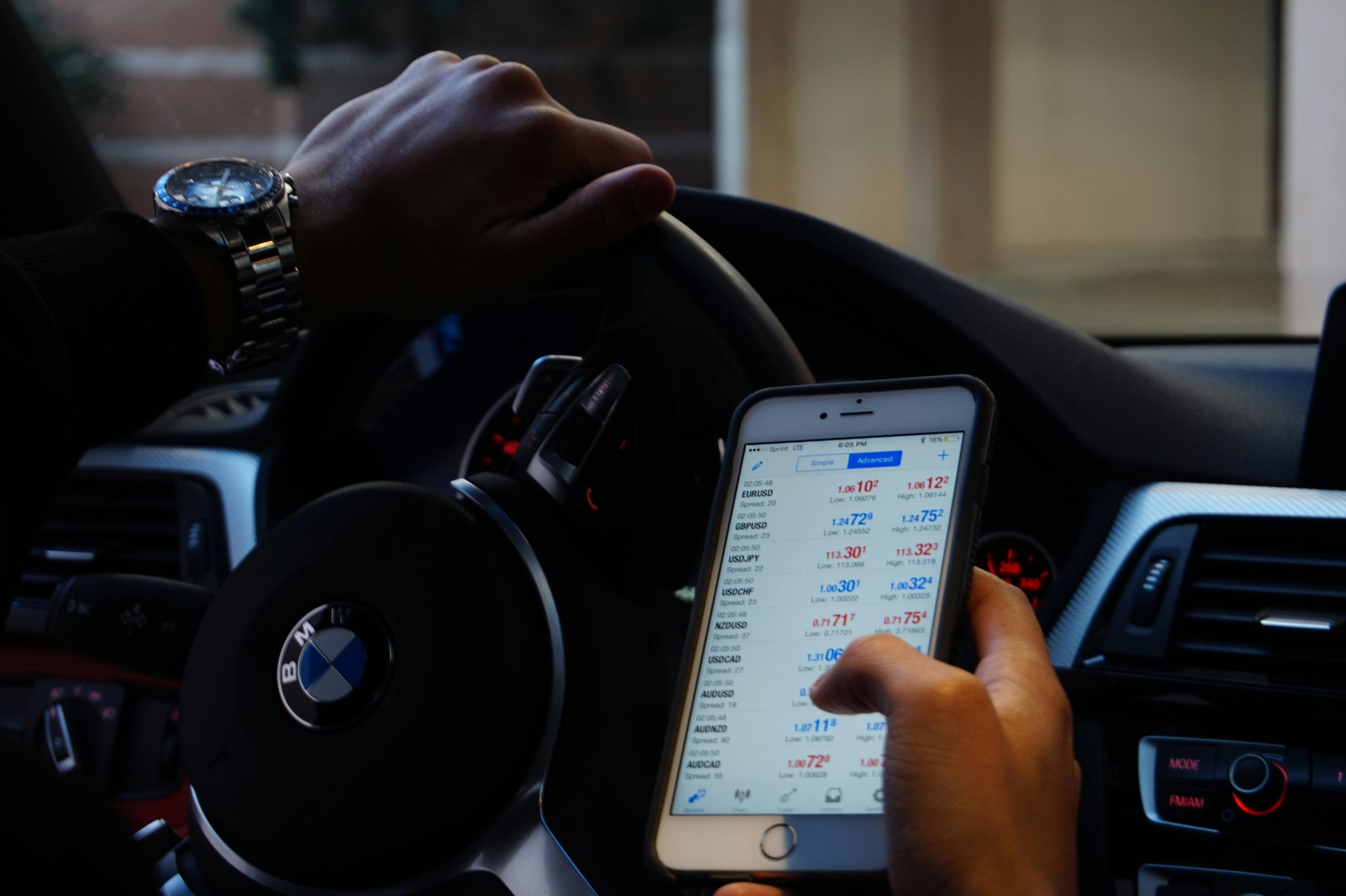What Are Your Next Steps After a Rear-End Collision with an Uninsured Driver?
Encountering a car accident can be stressful, especially when the other party lacks proper licensing or insurance. If you’ve recently been involved in a rear-end collision with an unlicensed, uninsured driver and are contemplating a private settlement, it’s important to understand your options and the best course of action to protect your interests.
Situation Overview
On a recent Saturday, your vehicle was rear-ended by another driver who lacked both a license and insurance coverage. Fortunately, the damage appears minor—a scraped rear bumper—due to the near-miss nature of the collision. The other driver did not provide any additional identification and has expressed interest in settling the matter privately, bypassing insurance processes.
What Evidence Do You Have?
– Video footage capturing the incident, including the license plate and faces of the driver and passenger
– Photographs documenting the vehicle damage
– Contact details, such as the driver’s phone number and a photo ID of the passenger
Your insurance provider is GEICO, and you carry collision coverage on your policy.
Key Questions and Considerations
- Timing and Claim Filing Deadlines
-
Can you obtain a repair estimate on Monday and attempt to resolve the matter privately?
It’s essential to determine if your insurer has specific deadlines for filing claims related to this incident. Typically, insurance policies specify time frames within which claims must be reported—commonly within a certain number of days after the accident.Tip: Contact GEICO today to notify them about the incident, explaining that you are considering a private settlement. Doing so may avoid automatic claim triggers while ensuring your coverage options remain open when you’re ready to proceed.
-
Collision Deductible Waiver for Uninsured Drivers
-
Are you eligible to bypass your collision deductible since the at-fault driver is uninsured?
Many insurance policies include provisions for uninsured motorist coverage, which often covers damages caused by unlicensed or uninsured drivers without requiring you to pay your deductible. Confirm the specifics of your GEICO policy—particularly whether your coverage extends to uninsured motorist benefits—and consider filing a claim if you’re eligible. -
Impact on Your Premiums
- Will this incident influence your insurance rates, even if you weren’t at fault?
Generally, claims related to accidents—even when you’re not at fault—can affect your insurance premiums. However, because the other driver



